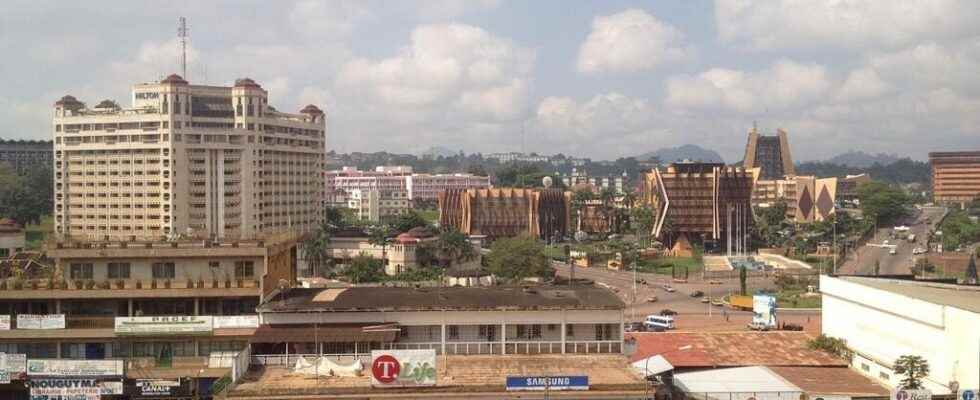In Cameroon, senatorial elections will take place on March 12, 2023. The previous ones took place in 2013 and 2018. first legislature. This election by indirect suffrage with an electoral college made up of members of municipal councils and regional councils has several challenges.
With our correspondent in Yaoundé, Richard Onanena
The third term of office worries actors and observers of Cameroonian political life who estimate the stakes of this election at several levels. First, situate the strengths of the different political parties. by measuring a possible surge of Cabral Libii’s PCRN and, Conversely, the decline of the traditional opposition leader SDF. It is reasonable to think that the MRC will not present lists in this election, the party of Maurice Kamto has no elected.
Assess trends
This election will also make it possible to assess trends within the CPDM. The election serving both as a barometer and as a means of resettlement for personalities whose places in government or public companies are no longer assured
It will also be an opportunity to have an indication of the “after”, according to what will happen to the current President of the Senate, Marcel Niat Njifendi, 88 years old. The question being whether he will be maintained or replaced in the perch of the upper house of parliament. On March 12, eleven thousand municipal councilors will elect 70 senators by indirect suffrage, to which are added the 30 senators appointed by the President of the Republic, as stipulated in the Constitution.
►Also read : Cameroon: what remains of the opposition to Paul Biya’s regime?
